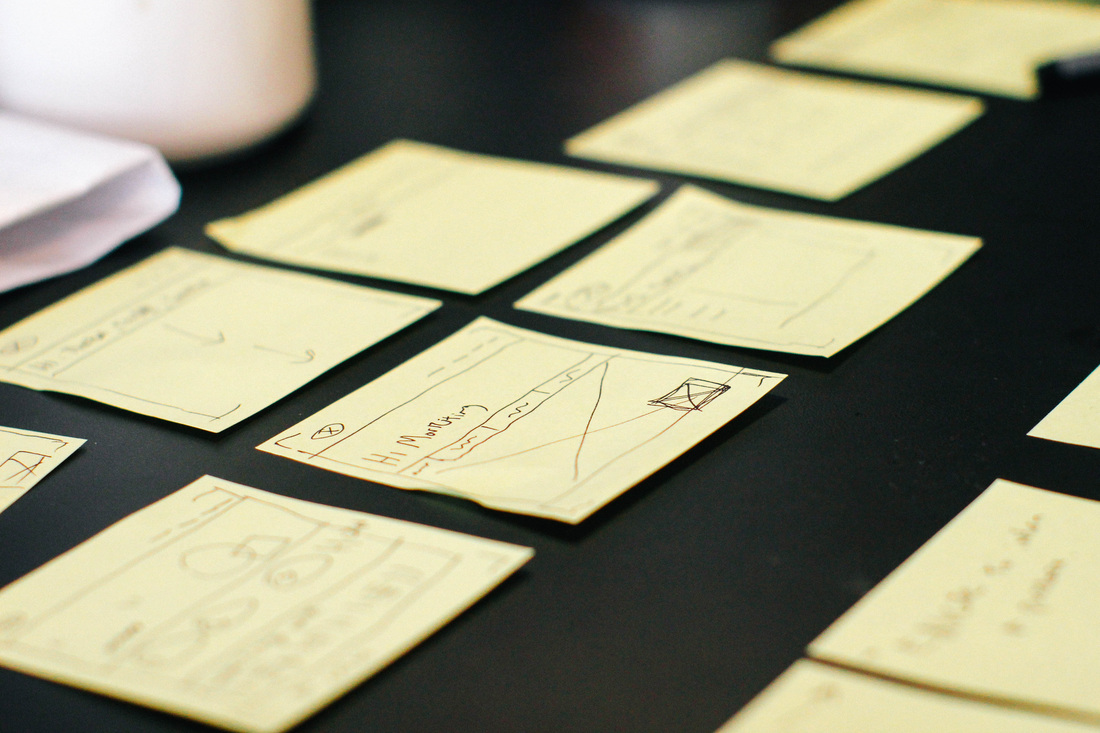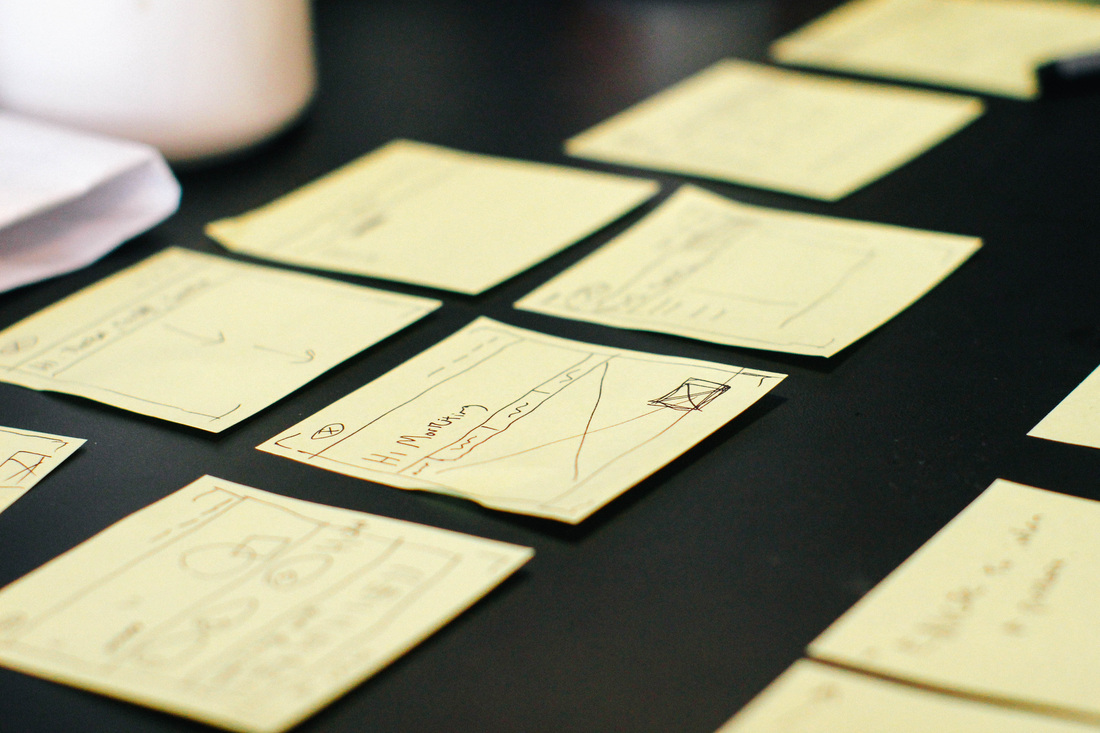About this course
|
First, let me say what this series of workshops is not.
|
Instead, this course should help you:
- Gain awareness of the barriers human beings face to ethical and inclusive behaviors.
- Create your personal Code of Ethics - one which may help guide you during difficult decisions.
- Explore the intersection of ethics and inclusion in your workplace.
- Come up with strategies for the problems we identify together. Note that I am using the word "strategies," not "solutions." There are no "solutions" to ethical threats. We can, however, seek strategies to grow and invite others to grow with us.
Important note: I will release each module as we get closer to the live session. For now, check the brief descriptions of each module, below.
Module 1This session introduces the workshop series and helps connect ethics and an inclusive environment. Participants learn an intuitive model called the "Circles of Ethics," using it to link ethical decision-making and the closeness we feel towards people "inside our circle."
|
Module 2Most people feel they are ethical. What we may fail to understand is that ethical decisions often result from millisecond intuitions. We then use reasoning to justify decisions already made.
|
Module 3This session continues the discussions of sessions 1 and 2. This time, we will introduce an exercise on unconscious bias which demonstrates how we may, unintentionally, see people from certain groups.
|
Module 4This session continues the discussion on biases. This time, we will examine various types of biases and explore the impact of biases in the workplace. Between Modules 4 and 5 you should develop your personal Code of Ethics and think of possible dilemmas involving ethical decision-making and inclusion.
|
Module 5In the final session, participants will learn various ethical lenses they can use to solve moral dilemmas. Participants will use their Code of Ethics and a moral decision-making model to analyze and solve together fictional but realistic moral dilemmas.
|





